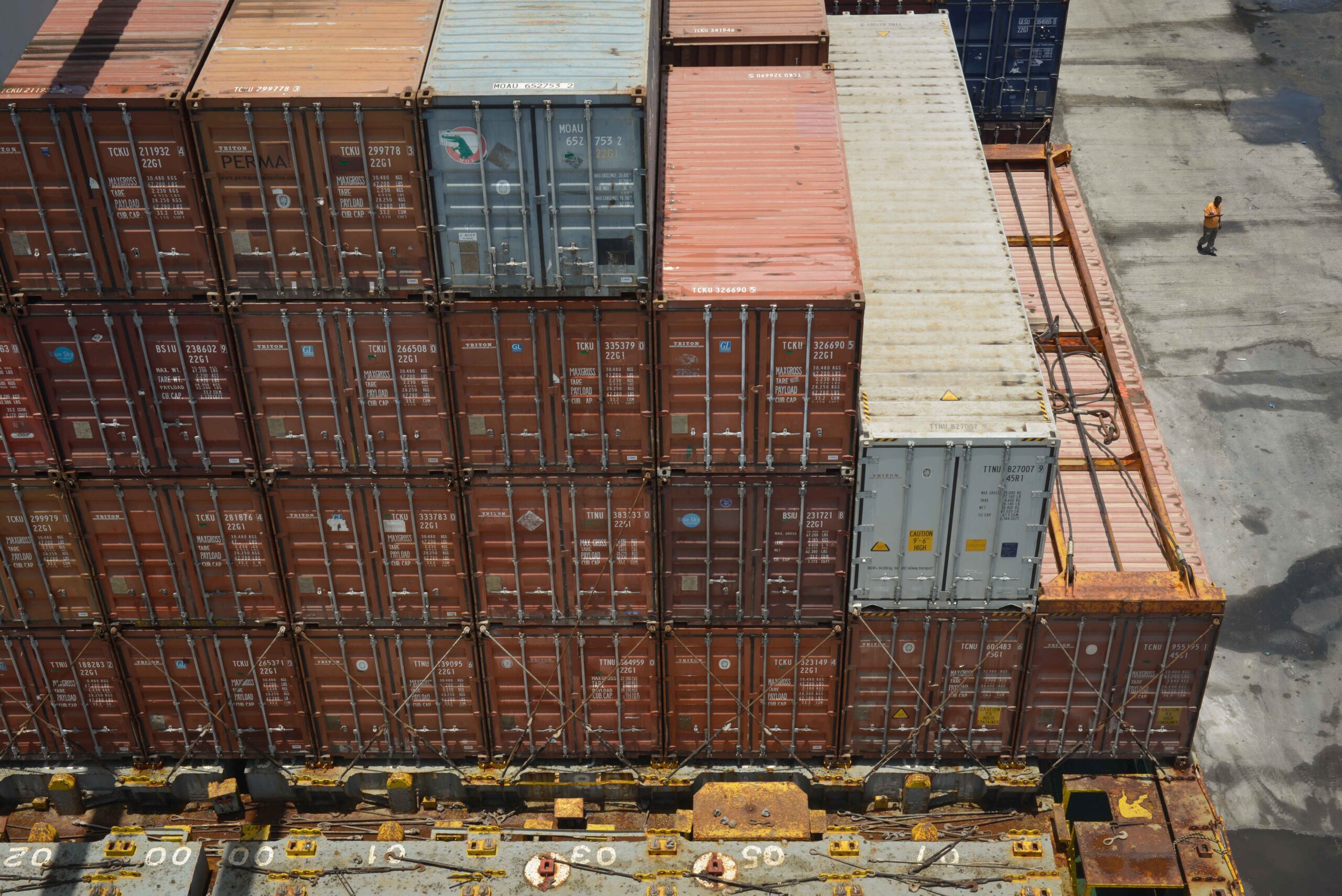A major hurdle confronting economic development in Africa today is the continent’s lack of industrial capacity. The 2023 data from the United Nations shows that despite having one-fifth of the world’s population, Africa’s manufacturing value added and exports account for merely 2 percent and 1 percent of the global total, even less than its share of global GDP at 3 percent.
Yet, as of 2022, sub-Saharan Africa imported over USD 101 billion in machinery and transport equipment alone. This figure represents more than 5 percent of the region’s GDP of USD 2 trillion. Simply said, even a modest growth in the region’s manufacturing output will save foreign reserves while creating employment and wealth.
Developing African manufacturing from such a low base is undoubtedly a major change, especially given the persistent lack of suitable infrastructure to sustain large industrial supply chains. This lack of infrastructure partly explains why Africa has deindustrialized for the past three decades as East Asia, notably Japan, South Korea, and China, became the global manufacturing center.
The Trump Opportunity
However, Donald Trump’s recent re-election may be a major game changer in favor of Africa. On the election trail, Trump promised 20 percent tariffs on all imports and 60 percent on all things “made in China.” Suppose the new administration follows through on this promise. In that case, the export-dependent economies of Asia will be forced to look for alternative markets for goods priced out of the United States.
As manufacturers court African consumers, African states must leverage the opportunity to trade market access for technology, compelling manufacturers to indigenize their industrial production and train local workers.
In this circumstance, it is conceivable that Africa will become a significant focus for East Asian countries to export manufactured goods. With its population projected to grow 950 million by 2050 to 2.5 billion, Africa represents by far the fastest-growing market in the world by the number of potential consumers.
As the African economy grows with its population, manufacturers worldwide, not least from East Asia, would be keen to establish a beachhead on the continent. They will want to secure access to their major sources of revenue in the future. Trump’s tariffs will only help to accelerate this process.
African Governments Must Incentivize Technology Transfer
As manufacturers court African consumers, African states must leverage the opportunity to trade market access for technology, compelling manufacturers to indigenize their industrial production and train local workers. As manufacturers are squeezed out of the US, they will be more willing to put down roots in Africa, even in the face of regulations requiring more localization of production.
To further incentivize these manufacturers to transfer technologies, African governments should tout the advantages of “made in Africa” beyond proximity to a large local market. Discussions with foreign manufacturers should highlight points such as continued access to the US market through the African Growth and Opportunity Act and an abundance of youthful workers.
Historical comparisons with China show that the rapid industrialization of Africa through such a strategy is feasible. China’s automotive industry was developed through technological transfer in exchange for market access. The country acquired carmaking know-how by mandating all foreign carmakers entering the country operate only as joint ventures with local carmakers. It is this transfer of technology that is enabling China to become a major EV producer today.
Chinese Firms Should be a Prime Target
As China did with foreign carmakers, African governments should compel the many Chinese firms already operating on the continent to transfer technology. As the primary victim of the future Trump tariffs, Chinese firms have more incentives than any other to retain access to African consumers. The country, as the largest source of foreign direct investment for Africa, is only likely to expand upon its role as the Sino-American trade war deepens.
China’s outsized footprint in Africa means there are plenty of targets African states can ask for technological transfer. Transsion, whose main business is selling mobile phones in Africa, should produce more phones on the continent. The many factories in Chinese-established economic zones in Africa should do more than hire local workers. Chinese railway builders should leave behind tracks, stations, and facilities to manufacture and repair railway equipment.
The re-election of Trump signals a major shift in global trade. As the US becomes more protectionist, manufacturers, especially in China, that rely on exporting to the US market will be forced to seek new markets. Africa cannot afford to let foreign firms sell to locals and take home the profits. Instead, it must capture this shift in trade to compel foreign firms to trade their technology for access to the continent’s youthful consumers. Only then can Africa emerge as a competitor to East Asia’s industrial prowess.
Xiaochen Su, Ph.D. is an educational and business risk consultant currently based in Malta as a digital nomad. He previously worked in Tanzania for a US-based non-profit.
Photo by AMISOM via Iwaria.

